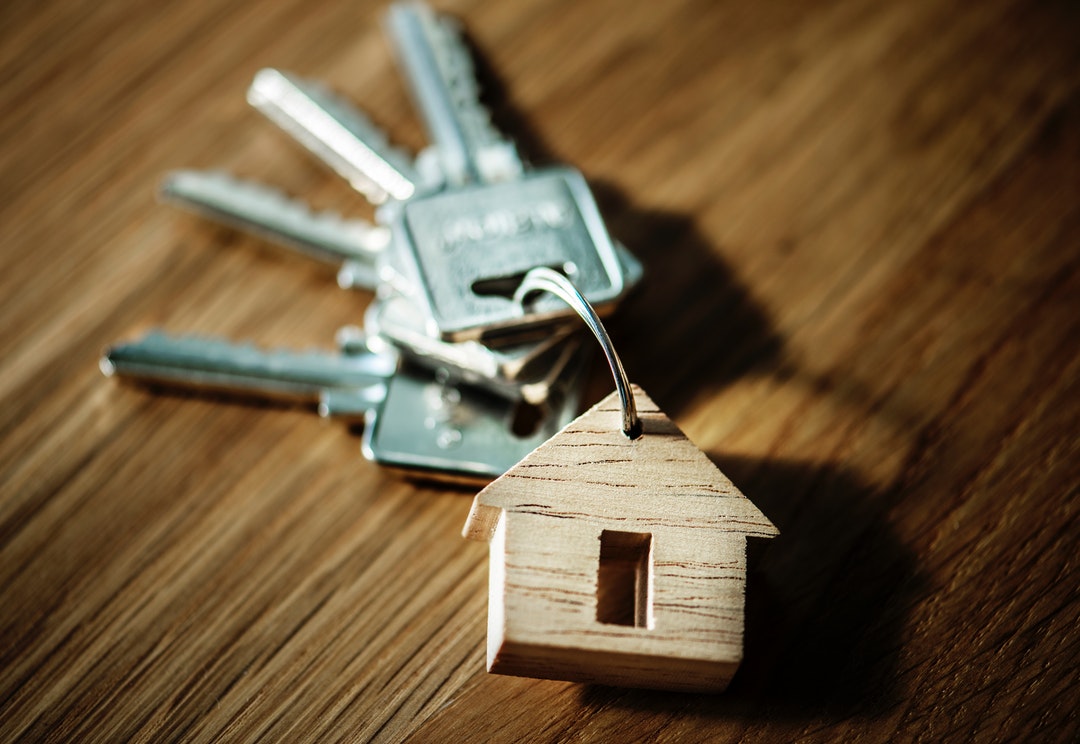First-home buyers accounted for 32% of existing home sales in December 2017. Even with prices increasing, the same amount is still making this important purchase decision.
Are you a first-time home buyer? If so, there are some buying mistakes you need to watch out for. Read on to learn more.
1. Not Figuring Out What You Truly Can Afford
It’s important to take a look at your budget before you start shopping for a house. You need to determine how much you can afford to pay each month. This includes more than your mortgage. You have to figure utilities, car loans, groceries, entertainment, and insurance.
Your mortgage payment should not be more than 28% of your monthly take-home pay. If you have other debt, this percentage should be lower. Always base your amount on your salary now, not what you anticipate making in the future.
2. Shopping Only One Lender
You need to shop your mortgage lender. If you only talk to one lender, you could leave thousands of dollars on the table possibly missing a better deal.
Talk to at least three lenders and a mortgage broker. Be sure to compare all loan terms, fees, and rates.
3. Making a Small Down Payment
You don’t have to necessarily put down 20% as your down payment. There are some loans that only require 3.5% or even 0% down.
If you can save a 20% down payment over time, it’s a wise choice. It saves you money on PMI insurance, which can be as high as 1% of the loan annually.
On the flip side, you don’t want to put down too much money. You may need an emergency stash for repairs down the road. You just need to determine your budget and do what is best for you.
4. Overlooking Additional Expenses of Owning a Home
There are other costs when buying a home in addition to mortgage and utilities. You have to pay for a home inspection and closing costs. Closing costs are typically about 2% to 5% of your home purchase price.
You also have to budget for homeowners insurance and regular maintenance. Some neighborhoods also have a homeowners association fee that you have to pay monthly or annually.
5. Not Checking or Improving Your Credit
Before you talk to a mortgage lender, you need to check your credit report. Having the best score possible saves you money with better interest rates and loan terms.
To improve your score, pay down your credit card balances, keep your payments current, and do not apply for any other credit. After you apply for your mortgage, leave your credit alone. You want your score to stay consistent, so that means do not open an additional credit card or make any other large purchases.
Ready to Be a First-Time Home Buyer?
If you are ready to be a first-time home buyer, it’s important to find the best realtor to help guide you through the process.
Get my “How to Buy a House” Roadmap for free to understand the steps involved in buying a house.






